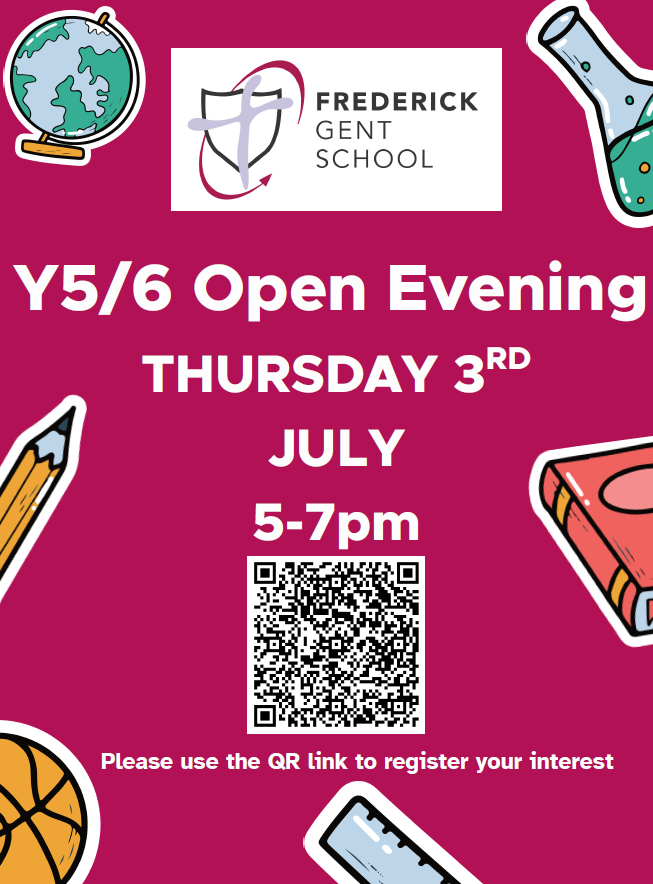Curriculum Intent Summary
As a school we have fortnightly PSHE lessons where pupils are taught in tutor groups. We also have three designated PSHE Days a year. The purpose of PSHE is for pupils to develop the knowledge, skills and attributes they need to keep themselves healthy and safe, and prepared for life plus work.
The PSHE sessions are based around the three core themes of health and wellbeing, relationships and living in the wider world. The themes for each PSHE session link into other curriculum areas and the sessions allow pupils to revisit and reflect content taught in previous years. The PSHE programme is designed to be flexible to be able to respond to immediate local needs or concerns, should the need arise.
As part of the PSHE Curriculum all students will participate in relationship and sex education (RSE). This involves teaching children about reproduction, sexuality and sexual health. It does not promote early sexual activity or any particular sexual orientation. Some parts of sex and relationship education are compulsory – these are part of the national curriculum for science. If required, parents have the right to withdraw their children from other parts of sex and relationship education if they wish by providing a written request to the Curriculum Leader for PSHE – Miss G.Smith (gemma.smith@frederickgent.ttct.co.uk). All parents are informed of the sessions in advance of each programme commencing.
Complimentary to the PSHE sessions, pupils have the explicit opportunity to develop their knowledge and understanding of both safeguarding issues and the core British values (democracy, rule of the law, individual liberty, mutual respect and tolerance of those with different faiths and beliefs) in weekly designated tutor times and assemblies. Plus, every half term, pupils get the opportunity to discuss school life in the context of a tutor forum. This feedback goes to the Y11 Prefects who work closely with their designated year group. The information gathered then gets fed back to the head teacher during the half termly school councils.
The PSHE sessions, tutor time and assemblies are continuously under review, responding to current local and national concerns including any safeguarding trends.
The medium-term plan in the PSHE folder below shows what pupils will be covering in each year group. Further information regarding PSHE/ RSE at Frederick Gent School can be found in the school’s policy.
Parental Information
Wondering how far your explanations should go with your curious child? Please use the link below for a guide on what is appropriate:
https://www.outspokeneducation.com/tips-by-age
PSHE Mid Term Plan
Year 7
Year 7 students cover transition and safety, developing skills and aspirations, diversity, health and puberty, building relationships and financial decision making.
All students will participate in some form of sex and relationship education (SRE). It involves teaching children about reproduction, sexuality and sexual health. It does not promote early sexual activity or any particular sexual orientation.
Some parts of sex and relationship education are compulsory – these are part of the national curriculum for science. Parents can withdraw their children from other parts of sex and relationship education if they want by providing a written request to the Curriculum Leader for PSHE – Miss Smith. All parents are informed of the sessions, in advance of each programme commencing.
In Year 7, pupils learn about the changes that take place during puberty. This allows the opportunity for playground myths to be dispelled and provides the opportunity for students to understand both the physical and emotional changes that take place during adolescence. Pupils also learn how to recognise and respond to inappropriate and unwanted contact along with learning about FGM including how to access help and support.
Year 8
In Year 8 pupils build upon knowledge from Year 7 and cover sessions on setting goals, drugs and alcohol, emotional wellbeing, identity and relationships and digital literacy. They also have a day led by Humanutopia who are known for their life changing days. The first half of this day tackles peer pressure, conformity, and bullying. The second half of the day focuses on choices, teamwork, leadership, and aspirations.
All students will participate in some form of sex and relationship education (SRE). It involves teaching children about reproduction, sexuality and sexual health. It does not promote early sexual activity or any particular sexual orientation.
Some parts of sex and relationship education are compulsory – these are part of the national curriculum for science. Parents can withdraw their children from other parts of sex and relationship education if they want by providing a written request to the Curriculum Leader for PSHE – Miss Smith. All parents are informed of the sessions, in advance of each programme commencing.
In Year 8, work focusses on the law with students working alongside the local PCSO on topics such as sexting, keeping safe online plus the law in relation to sexual activity and consent. Pupils will also learn about the basic forms of contraception
Year 8 students also develop their understanding and knowledge of different relationships and equality including the LGBTQ community.
Year 9
In Year 9 pupils build upon knowledge attained in the previous two years and cover sessions on peer influence, substance use and gangs, community and careers, respectful relationships, healthy lifestyles, intimate relationships and employability skills.
All students will participate in some form of sex and relationship education (SRE). It involves teaching children about reproduction, sexuality and sexual health. It does not promote early sexual activity or any particular sexual orientation.
Some parts of sex and relationship education are compulsory – these are part of the national curriculum for science. Parents can withdraw their children from other parts of sex and relationship education if they want by providing a written request to the Curriculum Leader for PSHE – Miss Smith. All parents are informed of the sessions, in advance of each programme commencing.
In Year 9, the SRE curriculum looks at sexual health, different methods of contraception, future risks linked to STIs, the importance of consent and attitudes to pornography. External visitors from the integrated Sexual Health Services for the NHS work with students to cover the range of different aspects of this area.
Year 10
In Year 10 pupils build upon prior knowledge obtained in Key stage 3 and cover mental health, financial decision-making, healthy relationships, influences, addressing extremism and radicalisation and work experience. Students in Y10 also get the opportunity to visit a college.
All students will participate in some form of sex and relationship education (SRE). It involves teaching children about reproduction, sexuality and sexual health. It does not promote early sexual activity or any particular sexual orientation.
Some parts of sex and relationship education are compulsory – these are part of the national curriculum for science. Parents can withdraw their children from other parts of sex and relationship education if they want by providing a written request to the Curriculum Leader for PSHE – Miss Smith. All parents are informed of the sessions, in advance of each programme commencing.
In Year 10, students look at the myths, assumptions and social norms about sex, gender and relationships. In addition, students also study how to manage the impact of the media on sexual attitudes, expectations and behaviour. Students in Year 10 will also have the opportunity to revisit previously taught topics focusing on the law in relation to consent
Year 11
In Year 11 pupils cover sessions on building for the future, next steps, communication in relationships, independence and families. Students in Year 11 also get the opportunity to visit a University.
All students will participate in some form of sex and relationship education (SRE). It involves teaching children about reproduction, sexuality and sexual health. It does not promote early sexual activity or any particular sexual orientation.
Some parts of sex and relationship education are compulsory – these are part of the national curriculum for science. Parents can withdraw their children from other parts of sex and relationship education if they want by providing a written request to the Curriculum Leader for PSHE – Miss Smith. All parents are informed of the sessions, in advance of each programme commencing.
In Year 11, work covers a range of more mature topics and themes. Students look at teenage pregnancy and parental responsibility in young people with a focus on reality for teenage parents and challenging pre-conceived ideas and myths. In addition, students also study healthy and unhealthy relationships including domestic violence. Students in these years will also have the opportunity to revisit previously taught topics focussing on age of consent and sexuality


